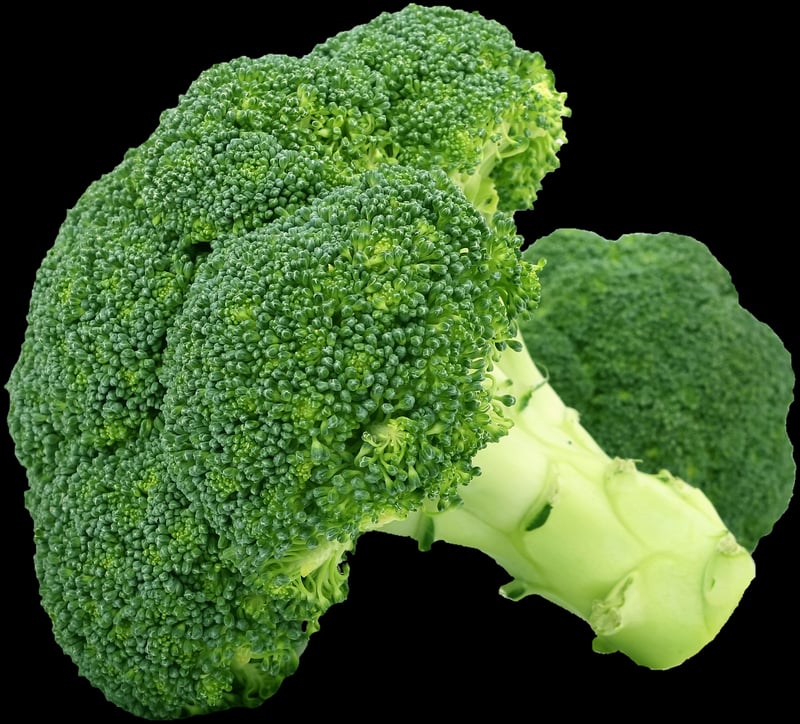Seasonal Produce
Key Components of a Healthy Diet
Eating a well-balanced diet is essential for maintaining good health and overall well-being. Incorporating a variety of key components into your meals can help ensure that you are getting the necessary nutrients your body needs to function optimally.
Fruits and Vegetables
Fruits and vegetables are rich in vitamins, minerals, antioxidants, and fiber. Aim to include a colorful variety of produce in your meals to benefit from the different nutrients they offer. Different fruits and vegetables are available each season, offering a diverse range of flavors and health benefits.
Seasonal Produce
Seasonal produce refers to fruits and vegetables that are harvested at their peak and are readily available during specific times of the year. Eating seasonal produce not only ensures freshness and better taste but also supports local farmers and reduces the environmental impact of food transportation.
Benefits of Seasonal Produce:
- Higher nutritional value
- Better taste and flavor
- Supports local economy
- Reduces carbon footprint
Some popular examples of seasonal produce include:
- Spring: Asparagus, strawberries, spinach
- Summer: Watermelon, tomatoes, zucchini
- Fall: Pumpkins, apples, sweet potatoes
- Winter: Citrus fruits, kale, Brussels sprouts
By incorporating seasonal produce into your meals, you can enjoy fresh, flavorful ingredients while reaping the nutritional benefits that come with eating food at its peak ripeness.

Remember to check your local farmer's market or grocery store for the latest seasonal offerings and get creative in the kitchen with delicious recipes that make the most of these fresh ingredients!
Make the most of each season by embracing the variety and goodness that seasonal produce has to offer for your health and taste buds!
